How much? A baby born today may have to pay more than £500,000 for its first home
Research reveals that if house prices continue to rise at historical rates, those born today may struggle to get on the ladder.

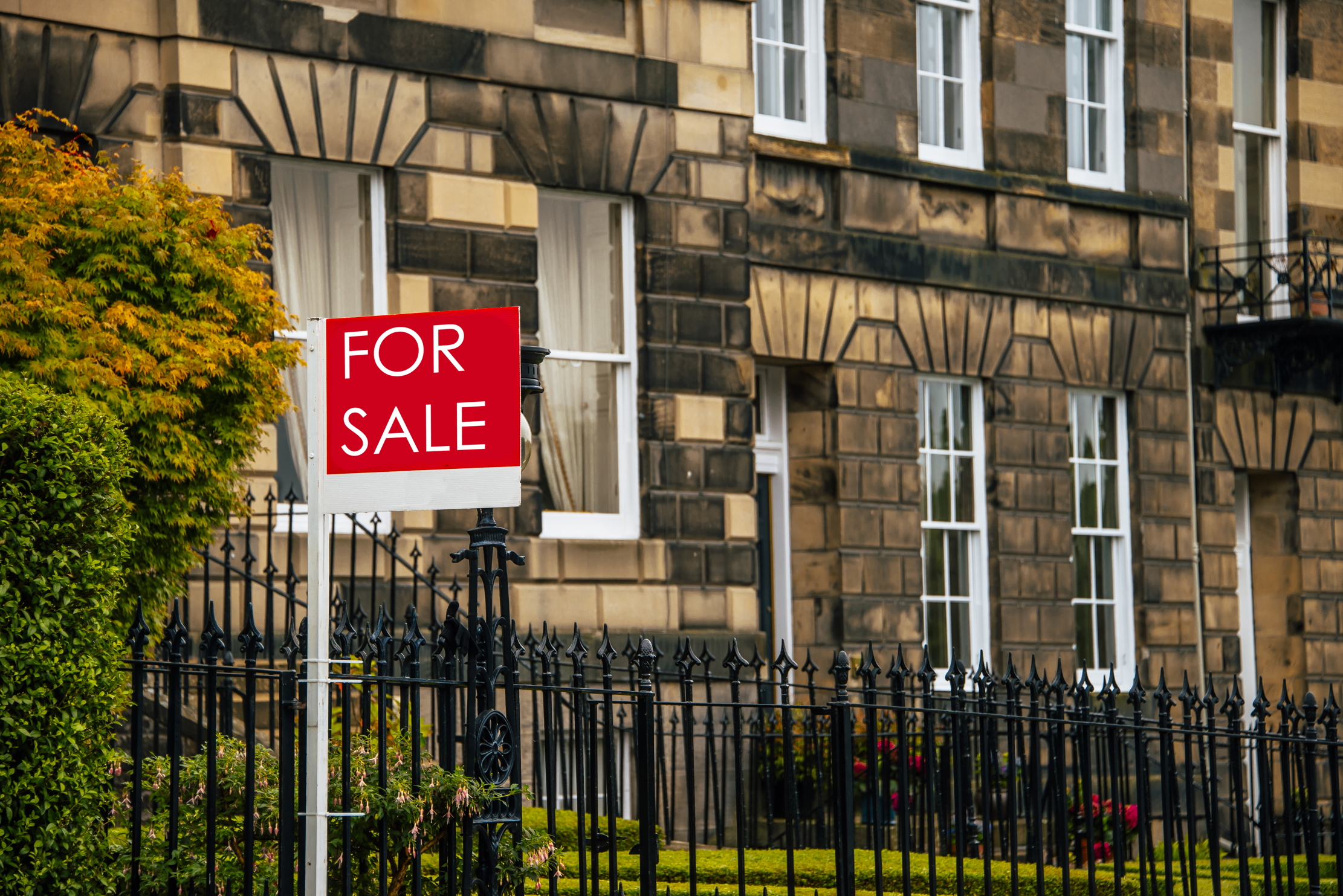
Bad news for babies born today, as the price of a first home will likely cost them more than £500,000, new research has revealed. Analysis undertaken by Lomond, a UK estate and letting agency group, suggests that by the time a child born today reaches the age of 31 (the average age of a first-time buyer), the average price of a first home will be £503,584, an increase of 111.9%. This translates to said baby requiring a salary of about £95,000 to get a foot on the property ladder.
In a surprise to approximately nobody, the statistics for this theoretical infant living in London are even worse, with almost £1 million needed to buy their first home there, equating to a deposit of £144,630 and an annual salary or income of £182,126. The south east and east of England are also likely to cost future homeowners more than £600,000 to get on the property ladder by 2055.
The forecasts are based on data sourced from Halifax bank, with trends extrapolated from the Gov UK House Price Index. Not that any of that would be any concern to a baby.
‘It seems quite unbelievable that a baby born today could face paying half a million pounds for their first home, but you would probably have thought the same 30-odd year ago had someone told you the price of property today,’ says Ed Phillips, Lomond CEO. ‘What it certainly highlights is that Britain is home to one of the most robust and desirable property markets on the global stage and investing in property is almost always going to be a safe bet.’
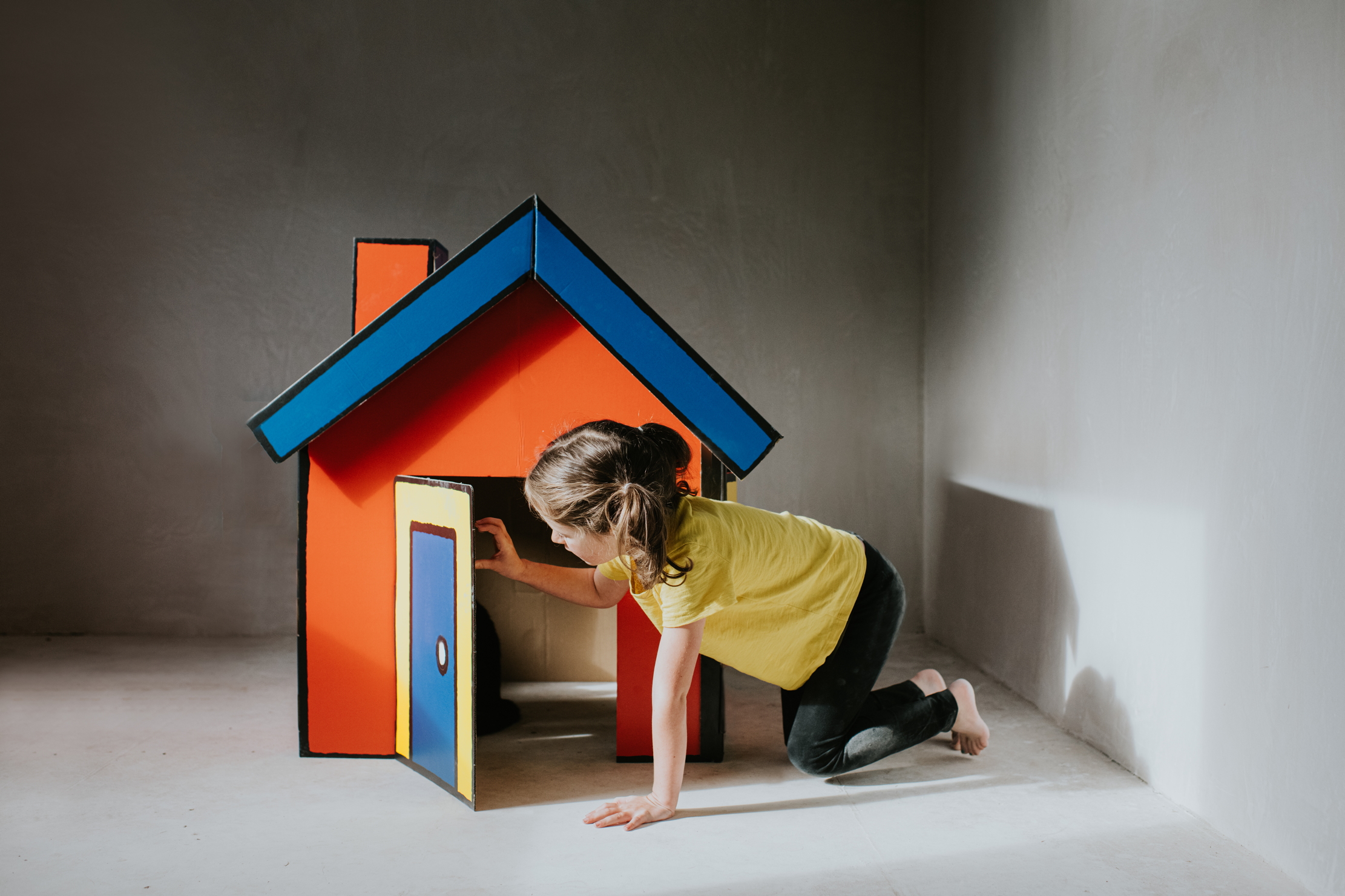
A reporter for Country Life spoke to two babies about the research, who will remain anonymous due to reporting restrictions. Baby A was presented with the data and asked how it felt about the prospect of its first home costing £500,000. It replied by making some baby noises, then was promptly sick on itself. Country Life could not confirm if this was a result of the predicted increase in house prices.
Baby B, on the other hand, said: ‘While those on the ladder might be thrilled at the idea of the value of their assets increasing consistently over time, it remains to be seen whether this trend will continue. House prices have long outstripped wage rises in real terms and the government will likely need to act to avoid an entire generation being priced out of home ownership.’
Mr Phillips echoed those comments, stating: ‘We do however need to see the issue of supply and the insufficient level of new homes being delivered addressed, if our children are to ever have a chance of realising their own ambitions of home ownership.’
Exquisite houses, the beauty of Nature, and how to get the most from your life, straight to your inbox.
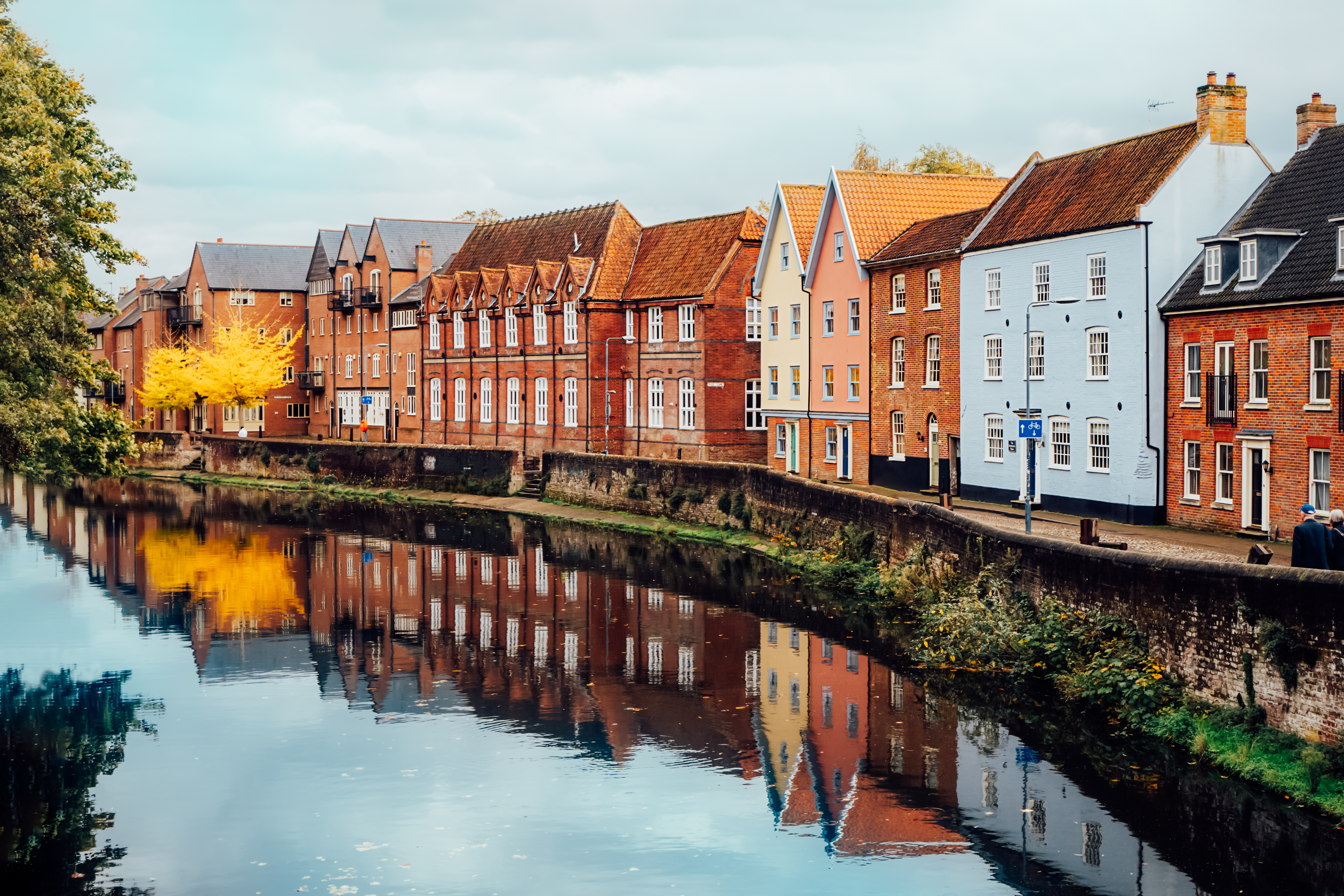
Credit: Getty
Spring Budget 2024: A ‘missed opportunity’ in the housing market
Against a noisy backdrop, Chancellor Jeremy Hunt revealed a series of property tax changes in the Spring Budget. So who
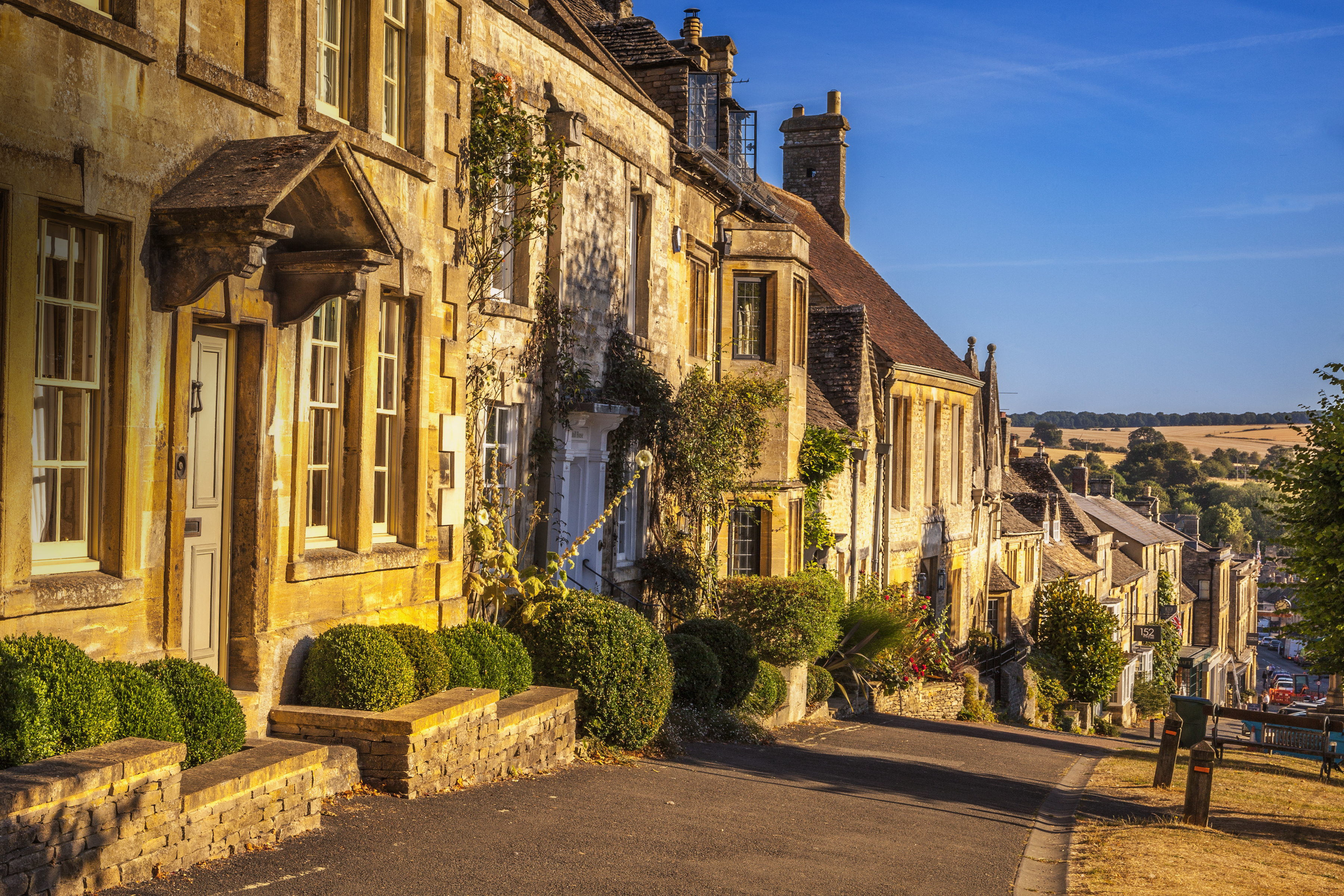
What will happen to house prices in 2024? Nine views from the UK's top property experts
Yes, it’s that time of year for looking into crystal balls. Keen to find out what could happen to house
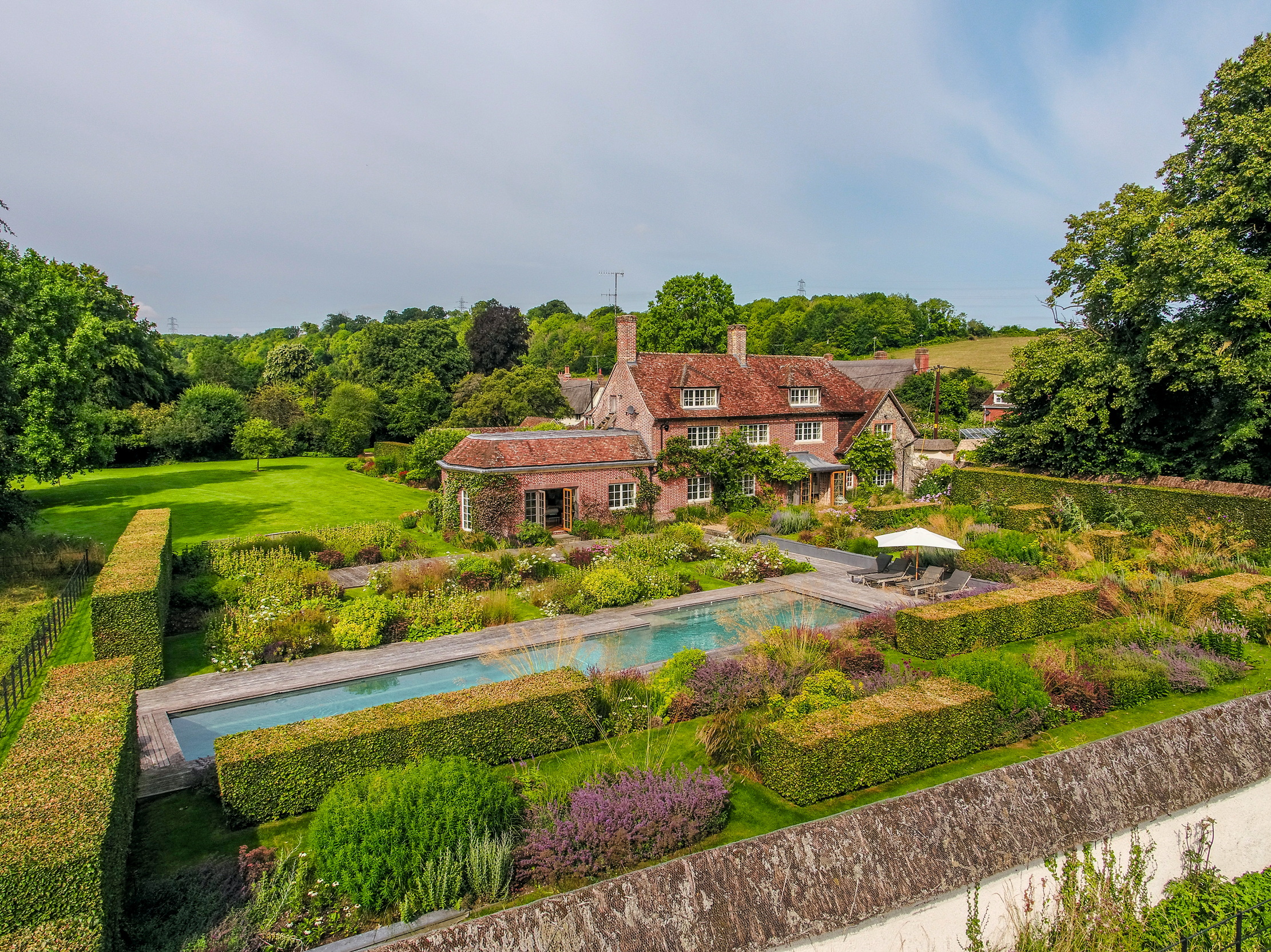
Credit: Strutt and Parker
Best country houses for sale this week
An irresistible West Country cottage and a magnificent Cumbrian country house make our pick of the finest country houses for
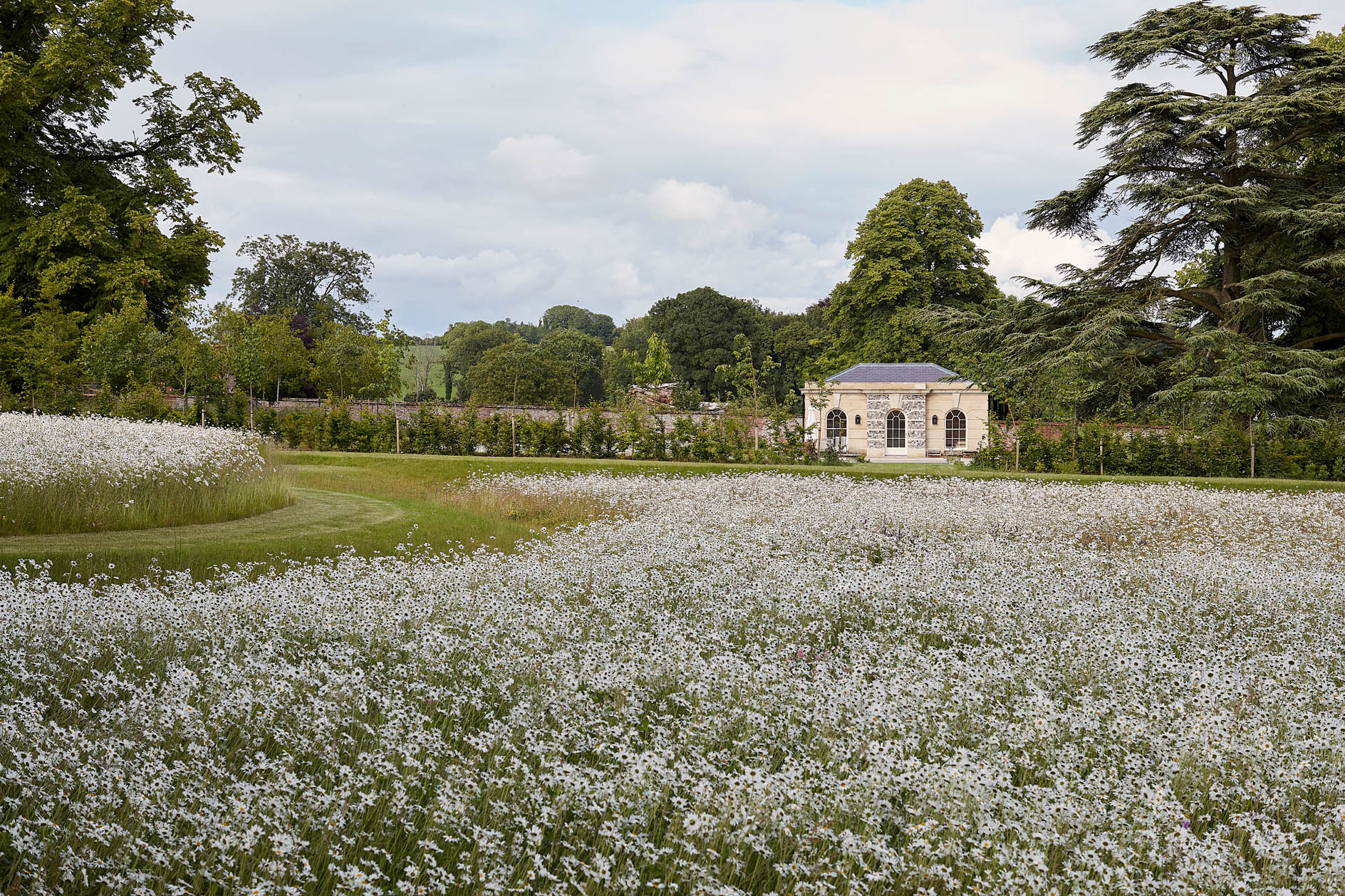
Podcast: Britain's best architects, interior designers, craftspeople and garden designers
Giles Kime joins James Fisher on the Country Life Podcast to explain how he and the team come up with

James Fisher is the Digital Commissioning Editor of Country Life. He writes about motoring, travel and things that upset him. He lives in London. He wants to publish good stories, so you should email him.